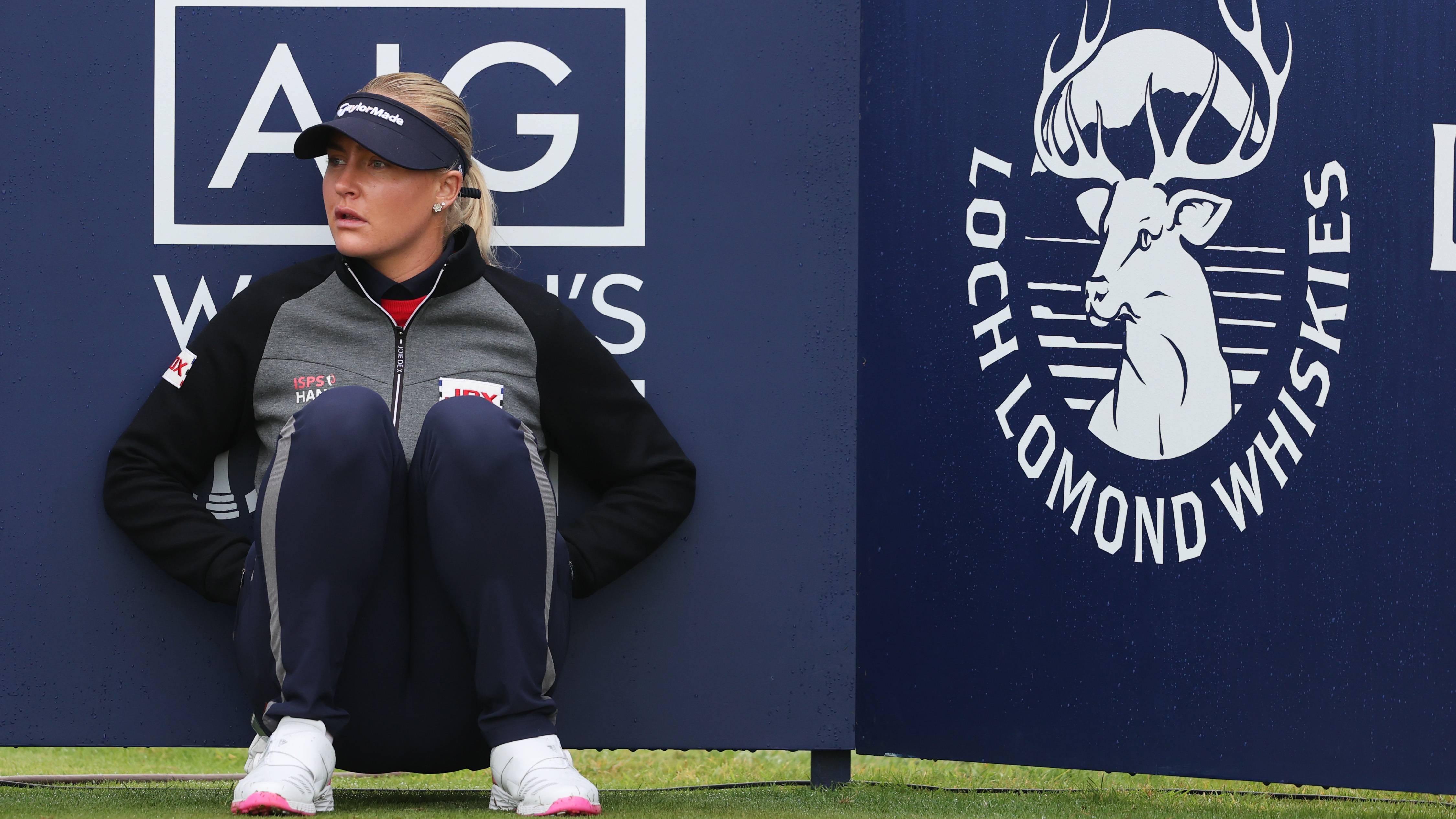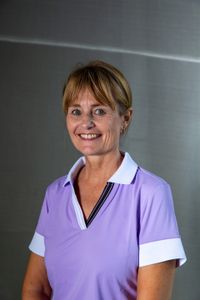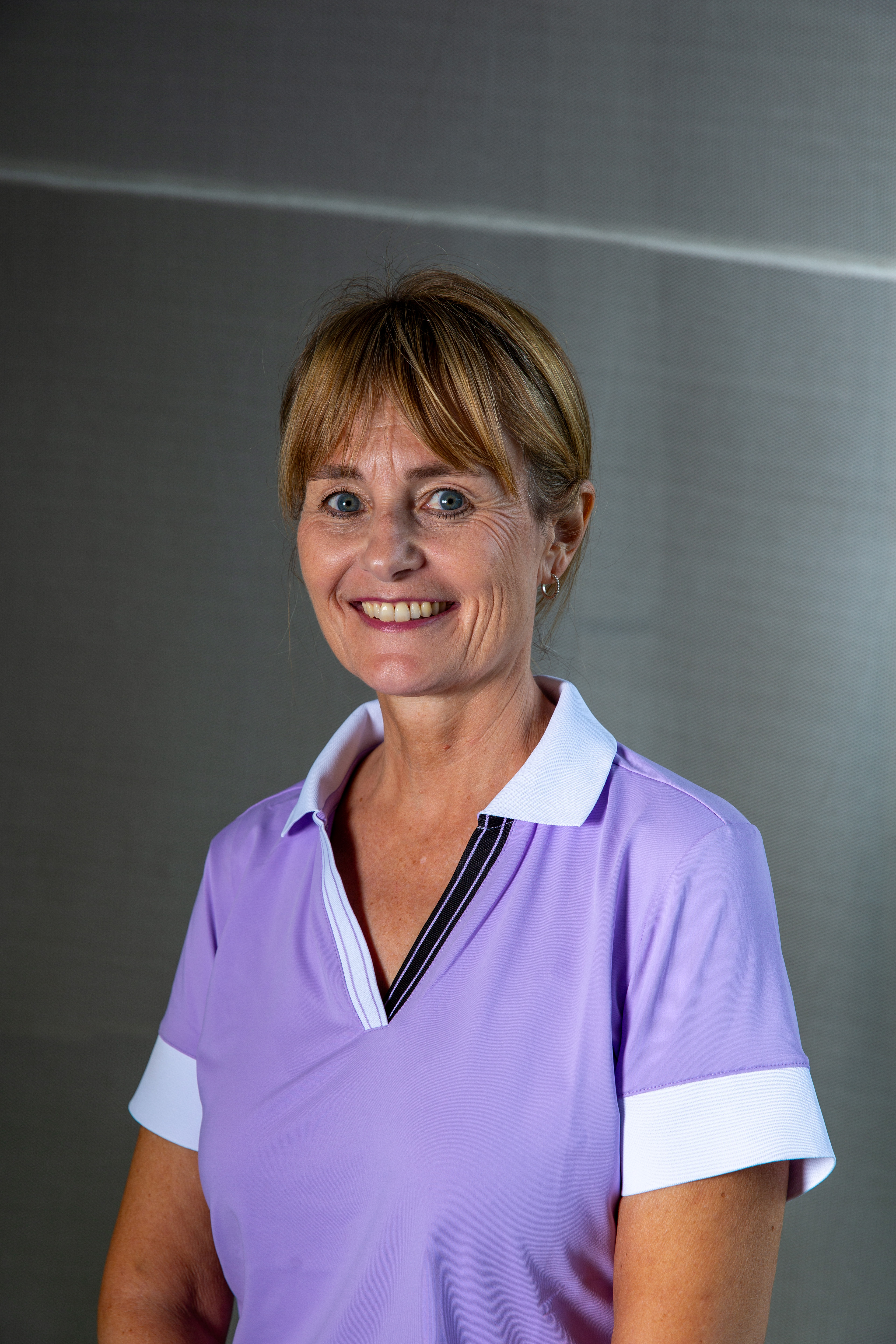'On TV, It Felt Slow And Somewhat Tedious' – Why We Cannot Let Slow Play Impact Golf’s Entertainment Value
Professional golf needs to speed up to generate and retain interest from existing and new audiences


Given the challenge of the links layout at St Andrews, rounds at the AIG Women’s Open were always going to be slow, but the pace of play was further slowed by heavy downpours and gusting winds that reached up to 45mph, making the already demanding course even tougher to navigate.
Take the par-3 11th hole, for example - the most exposed part of the course - where some groups were forced to wait nearly an hour just to tee off. Over at the par-5 5th, there was a 45-minute delay, during which Charley Hull, clearly bored, decided to leave the tee and find her boyfriend. On Sunday, the final group, featuring defending champion Lilia Vu and Jiyai Shin, took almost five hours to complete their round, which is excessive for a two-ball.

Despite the drawn-out play, it seems that both the players and the fans - who, by the way, showed up in even greater numbers than at last year’s AIG Women’s Open at Walton Heath - accepted the delays without complaint. Otherwise it would have become a significant topic of conversation amongst the world’s media. Everyone seemed to appreciate the rare opportunity to experience the iconic course, since it last hosted the championship in 2013.
However, for me, the real issue with the length of time it was taking players to complete a hole was the impact on those watching from home. While the delays were understandable given the extreme conditions, this may have inadvertently dampened the excitement of what is arguably the biggest showcase event in women’s golf.
Pace of play is an issue at men's and women's professional tournaments, but it becomes more noticeable through the broadcasting of women's events where the coverage is often limited by fewer cameras. In men’s tournaments, when a player takes a long time over a shot or lining up a putt, the broadcast typically switches to another player, keeping things moving. But at St Andrews, the focus was primarily on a few featured players and the viewing experience from the comfort of my home over the weekend felt very slow at times and somewhat tedious.
Any errant tee shot or missed putt could have cost Lydia Ko the championship, but watching her take what felt like an eternity to settle and make her par-saving 3-footer on the par-3 11th during the final round was just one example of many moments that likely wouldn’t have kept the attention of casual viewers.
Golf demands a significant time investment from its audience, and if the action is slow to unfold, it’s only natural that people will start to lose interest and tune out when there are so many other options available to them nowadays, such as the T20 cricket that exemplifies a fast-moving format that provides fun and family entertainment.
Subscribe to the Golf Monthly newsletter to stay up to date with all the latest tour news, equipment news, reviews, head-to-heads and buyer’s guides from our team of experienced experts.

Lydia Ko holds up the 2024 AIG Women's Open trophy
Yes, the conditions were exceptionally difficult, and I’m not criticising the AIG Women’s Open as a whole. It was a resounding success with an exciting finish that crowned a popular winner. But when the industry is working so hard to attract more people to the sport, the pace of play becomes crucial. I can’t help but think that the powers-that-be should have been stricter from the start, making it a priority to prevent these slow play build-ups in the best way they possibly could to help maintain the entertainment value in particular for the TV audience.
Many male and female professional golfers need little encouragement to move at a snail’s pace, and we’ve seen fines issued on both the men’s and women’s tours because of it. It’s important that whenever we have the opportunity to showcase the sport on a global stage, we present it in an entertaining way so we can continue to engage both current fans and attract new audiences.
Alison Root has over 25 years experience working in media and events, predominantly dedicated to golf, in particular the women’s game. Until 2020, for over a decade Alison edited Women & Golf magazine and website, and is now the full-time Women's Editor for Golf Monthly. Alison is a respected and leading voice in the women's game, overseeing content that communicates to active golfers from grassroots through to the professional scene, and developing collaborative relationships to widen Golf Monthly's female audience across all platforms to elevate women's golf to a new level. She is a 16-handicap golfer (should be better) and despite having had the fantastic opportunity to play some of the best golf courses around the world, Kingsbarns in Scotland is her favourite.
